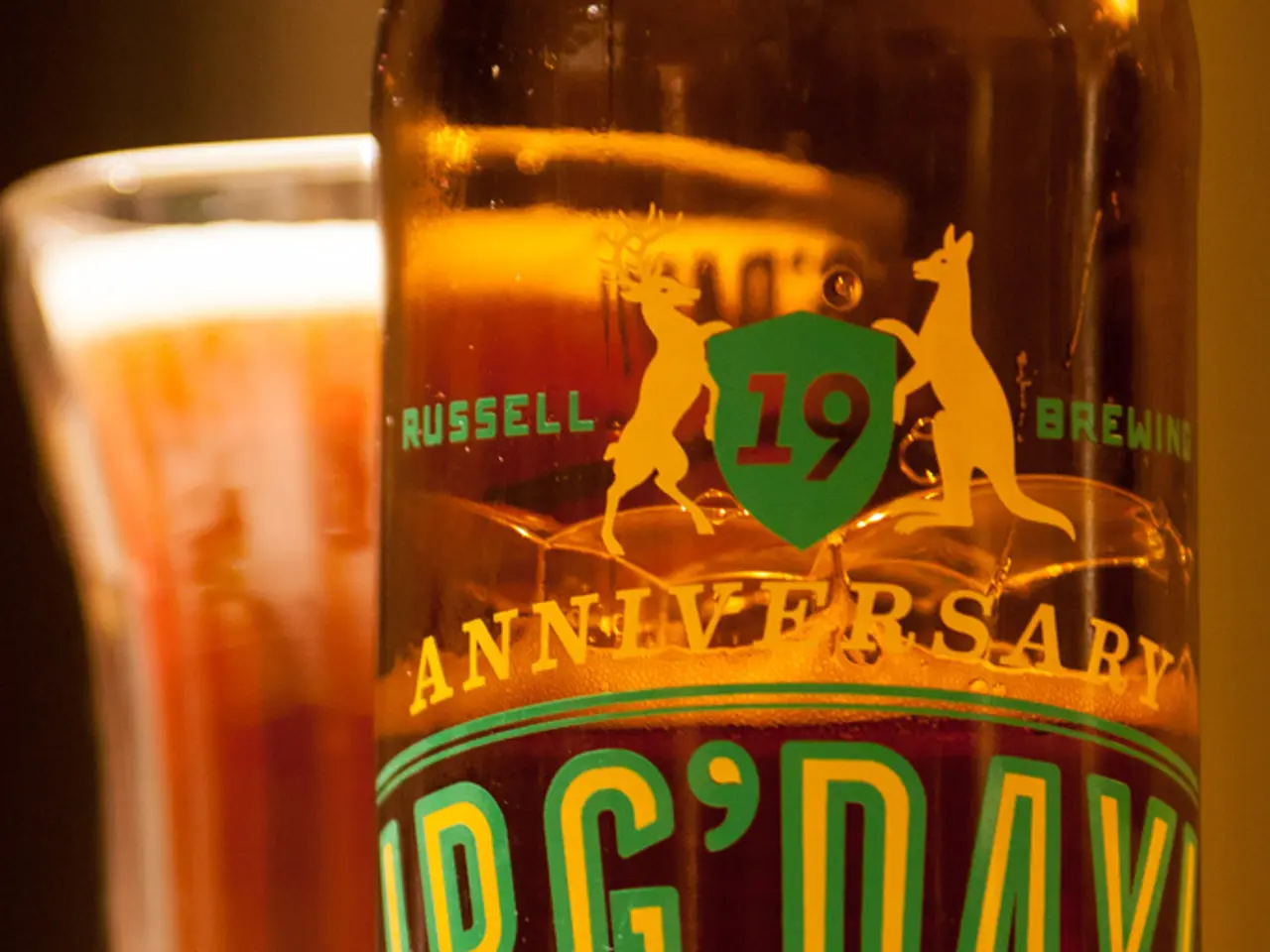Increased Alcohol Abstinence Among French in Dry January May Promote Healthier Lifestyles: Is This a Significant Factor?
In the heart of wine country, a surprising trend is emerging: Dry January. Originating in the United Kingdom in 2013, this global phenomenon has found a significant foothold in France, encouraging individuals to abstain from alcohol for the entire month of January.
The initiative, aimed at helping participants reassess their relationship with alcohol and consider healthier lifestyle choices, has garnered widespread awareness in France, with 71% of French adults familiar with the concept. Among them, a significant portion—41%—are aged between 18 and 34.
This cultural shift towards moderation is particularly evident among younger French adults, who are more health-conscious and value a balanced lifestyle. Two-thirds of those who attempt Dry January manage to stay sober throughout January.
The challenge contributes to changing consumer behaviour, with more people opting for healthier lifestyle choices, including reduced alcohol consumption or choosing non-alcoholic beverages. The surge in popularity for non-alcoholic wines presents new opportunities within this niche market, as around 31% of Dry January participants have tried these alternatives. However, only 25% of French people overall have ventured into the world of alcohol-free wines.
The wine industry is not immune to these changes. Producers face challenges due to declining consumption, particularly among young adults. In response, they are exploring new products such as low-alcohol or alcohol-free wines to appeal to this demographic. Wine producers are also forced to adapt their marketing strategies to appeal to younger consumers who are more inclined towards health-conscious choices.
The typical participant in Dry January is described as someone who values a healthier lifestyle and adopts a 'flexidrinking' approach. About 24% of Dry January participants drink wine very regularly, indicating that moderation, rather than total abstinence or excessive consumption, is increasingly favoured by younger individuals in France.
In 2025, 17 million people in France planned to participate in Dry January, reflecting a broader trend of decreasing alcohol consumption, especially among young people. This cultural transformation might pave the way for wider acceptance and adoption of moderation beyond just one month each year, signalling a promising future for healthier living practices in France.
In this trend of healthier lifestyle choices, some participants of Dry January might also focus on aspects such as science-backed nutrition to support their health-and-wellness goals during the month. Furthermore, recognizing the importance of fitness-and-exercise, many Dry January participants might incorporate regular exercise routines as part of their overall health strategy.




